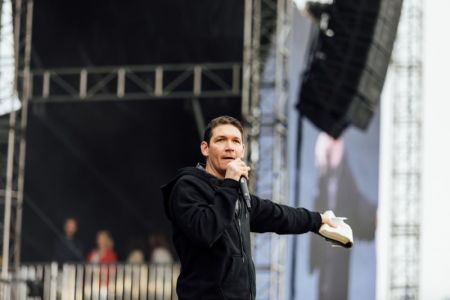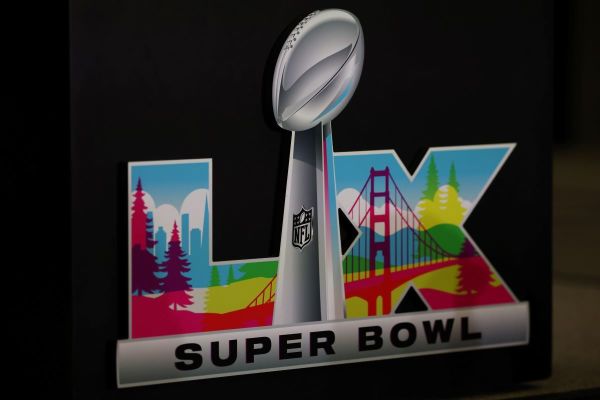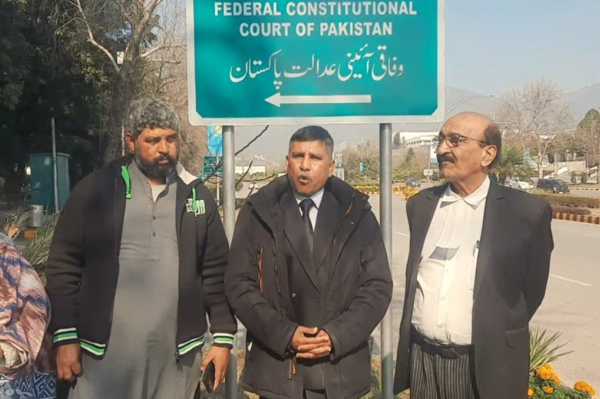Pastor Matt Chandler explains why the term ‘white privilege’ can be ‘stunningly offensive’

As someone who grew up as “poor white trash” in a blue collar neighborhood in Texas, Matt Chandler, lead pastor of teaching at The Village Church in the Dallas/Fort Worth area, says he understands why some white people would find “white privilege” a “stunningly offensive” term.
The term, which the Alberta Civil Liberties Research Center defines as “the unquestioned and unearned set of advantages, entitlements, benefits and choices bestowed upon people solely because they are white,” has become a lightning rod as conversations about racial justice ramped up in evangelical circles and the rest of the nation amid ongoing social unrest.
“When you start talking about privilege to someone that had my background, I can get pretty offended by that pretty quick simply because I knew what it was like to be poor white trash. And for you to say I had some special kind of privilege when I was growing up would be stunningly offensive to me,” Chandler explained Wednesday during an episode of Exponential’s candid conversations.
And he isn’t the only one.
Just over a week ago, President Donald Trump directed federal agencies to stop teaching government workers about critical race theory, a controversial ideological framework that uses the concept of white privilege and other ideas to examine how racism and racialized societies affect the lives of white people. A recent White House memorandum charges that critical race theory and its related concepts are “divisive, anti-American propaganda.”
While he doesn’t endorse critical race theory, because it “has no vision for the future” Chandler believes it's “really helpful in helping us understand how we got where we are. It helps us make sense of the past.”
And while it took him a while to accept the idea of white privilege, Chandler, who says he grew up in a predominantly black section of La Marque, Texas, accepts it as valid.
“It took a while even in my own life to realize that even though that was my background and there was a socio-economic privilege that I was not walking in, there was a layer of not having the advantage or not having the special right or even a certain level of immunity that I was granted, even being poor white trash that some of my African American friends didn’t get,” he said.
“What took me a while to get was that on top of the socio-economic privilege that I was on the back end of … that there was another kind of privilege that I possessed even as poor white trash that my poor African American friends would get even less. They had a more brutal back end on privilege,” Chandler explained to a group of pastors who were trying to learn how to talk about issues of race with their churches.
“And then now, I’m not in that tax bracket anymore. I’m in that kind of middle class, maybe even upper middle-class environment. As a white man, I still have a kind of privilege in that there are immunities I’m granted because of where I am socially … because of my ethnicity. And then I do have some ways that I don’t have to ever think, I don’t have to worry, I don’t have to wrestle, I don’t have to figure out because of my ethnicity, that my black brothers and sisters in this socio-economic climate, they still have to wrestle with,” he said.
The 46-year-old megachurch leader then shared a personal example of what he considers white privilege.
“Like if someone is staring at me, following me around Target, I don’t have to wonder if they are doing that because they are scared of white people or not used to white people … but I’m telling you I’ve got multiple, very successful African American men and women in my life who when they get followed around Target sure it might be some sort of fluky thing, but they’ve got to wrestle that to the ground in their mind,” he said.
“They have to talk to themselves constantly about why the person is staring at them or why the person is following them around or why it’s taking them longer to get their seat at the packed restaurant. And maybe there’s a good reason for all of that. The reality is I have the privilege to never think that way. They have to wrestle it because of their experience, and so that’s how I’ve watched the privilege dynamic play out,” he added.
Chandler noted that race and politics have become two of the biggest issues preventing unity in the Church and urged pastors to “just have the courage” to say black lives matter.
“This does not mean we are in alignment with the organization Black Lives Matter. This also does not mean we ascribe to critical theory,” he said, noting that he plans on preaching on these issues on Sunday.
“I will say go to Black Lives Matter webpage, click on ‘what we are about,’ click on ‘what we believe.’ What you will find there is untenable to the Gospel of Jesus. You cannot mesh what they’re saying, what they believe, and what we’re saying what we believe into the same faith. What we are saying is that the Bible cares about these issues and we’re going to address them. What we are not saying is that we will agree with an ideology that does not have the Word, the Bible’s view,” he said.





















